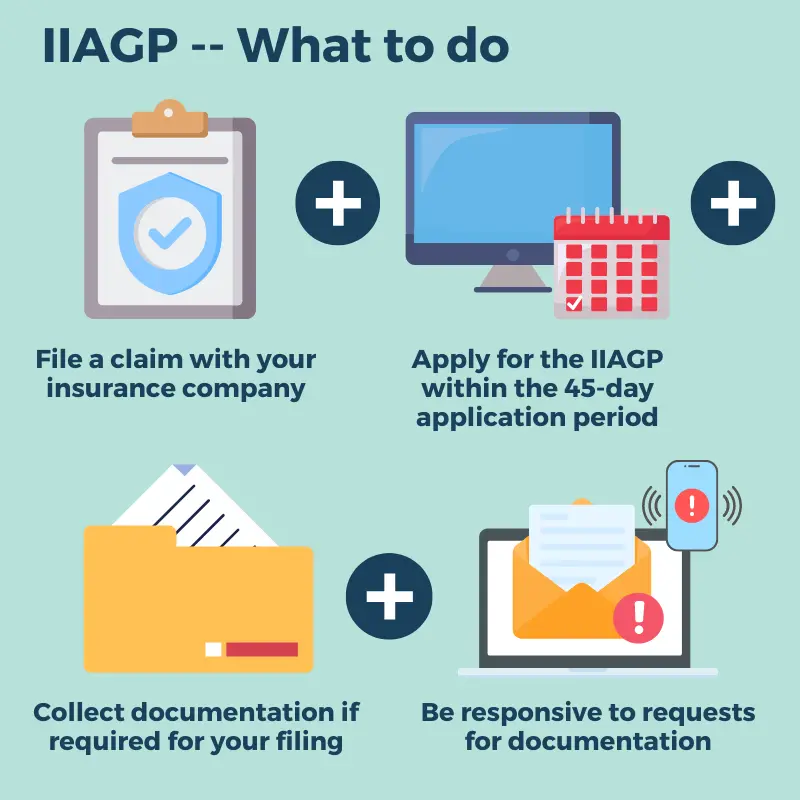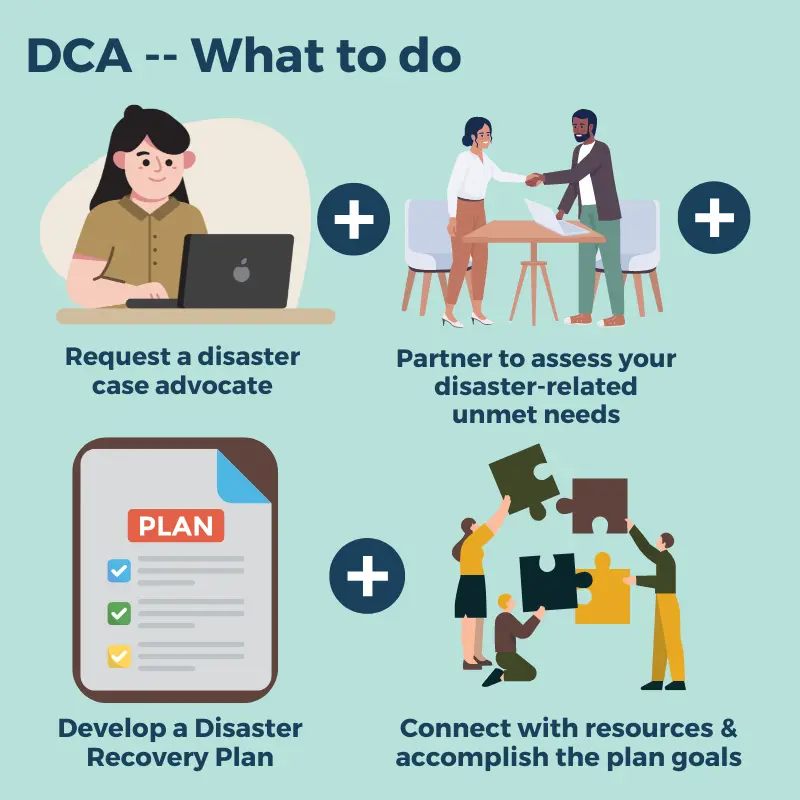
Disaster Assistance
Services
What is Disaster Assistance?
After a disaster, the governor typically chooses to declare a disaster for one or more affected counties. When this happens, MICA is able to provide up to $7,000 to families to help replace appliances, food, clothing, or other goods, make repairs to a home, or temporarily relocate. We also help families by working one-on-one with them to help navigate the complex web of resources available after a disaster.
Do I qualify for Disaster Assistance?
If a disaster is declared in your area, you are eligible for disaster case advocacy. If your family earns less than $62,400 a year (for a family of four), you are also eligible to apply for a disaster assistance grant to help with repairs, food, relocation, and other expenses. Guidelines for the disaster assistance grant are listed below:
| Household Size | 200% of HHS Poverty Guidelines |
| 1 | $30,120 |
| 2 | $40,880 |
| 3 | $51,640 |
| 4 | $62,400 |
| 5 | $73,160 |
| 6 | $83,920 |
| 7 | $94,680 |
| 8 | $105,440 |
| each additional person | add $10,760 |
Active Disaster Declarations
There are currently no active disaster declarations.
What kind of help is available if I was affected?
Individual Disaster Assistance Grants (IIAGP): Each eligible household may receive up to $5,000 for items that qualify under one of the four categories: temporary housing, food assistance, personal property, and home repair. Supporting documentation is required, and your family must meet the income requirements listed on the chart above. You have 45 days from the disaster declaration to apply for the IIAGP.
Disaster Case Advocacy: The Disaster Case Advocacy Program addresses serious needs related to disaster-related hardship, injury, or adverse conditions. Disaster case managers work with clients to create a disaster recovery plan and provide guidance, advice, and referral to obtain a service or resource. There are no income eligibility requirements for this program. You have 180 days from the disaster proclamation to apply for disaster case advocacy.
How does the application process work?
Individual Disaster Assistance Grants (IIAGP):

Disaster Case Advocacy:

Questions? You can contact disaster assistance staff by emailing disaster.assistance@micaonline.org or by calling 641-325-4032.
